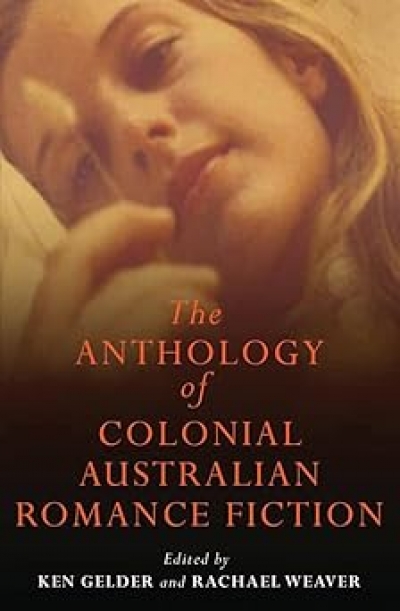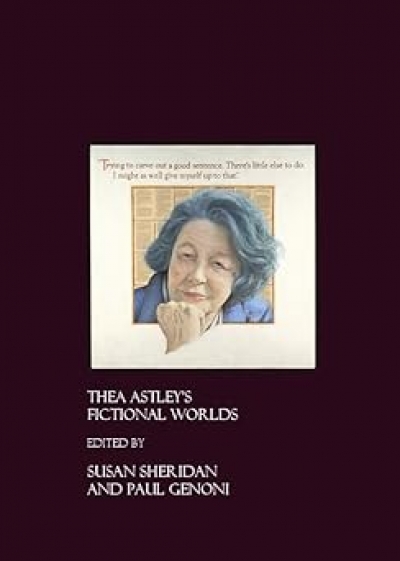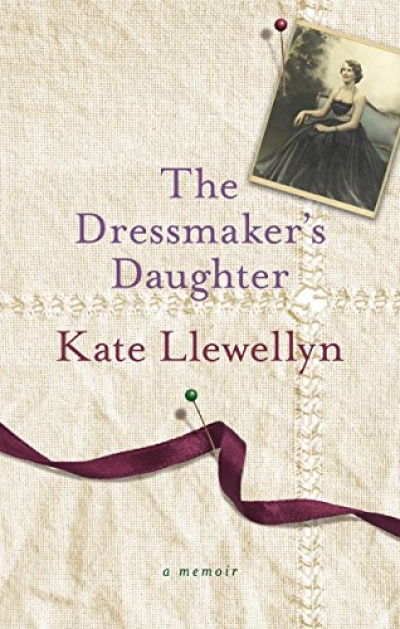The dreamy-eyed young girl from Peter Weir’s film Picnic at Hanging Rock, whose image adorns the cover of this anthology, gives a misleading impression of the ‘Australian girl’ who features in most of the stories. This girl may be the central figure in the colonial romance genre, as the editors propose, but she is characterised by energy and independence, rather than by the kind of sexually charged haze that surrounds the girls in the 1975 film. For the most part, her romantic experiences lead straight to marriage, give or take the odd misunderstanding along the way, and marriage was an institution entangled in economic security, social stability and, ultimately, the national destiny of white settler Australia. The Australian girl of the period was of necessity a clear-eyed realist where marriage was concerned. ‘Lorna Travis; A Christmas Story’ makes the economics of marriage very clear, while in Ada Cambridge’s ‘A Sweet Day’, an English aristocrat in disguise falls for a capable colonial girl and rewards her with a title as well as a wedding ring.
...
(read more)





